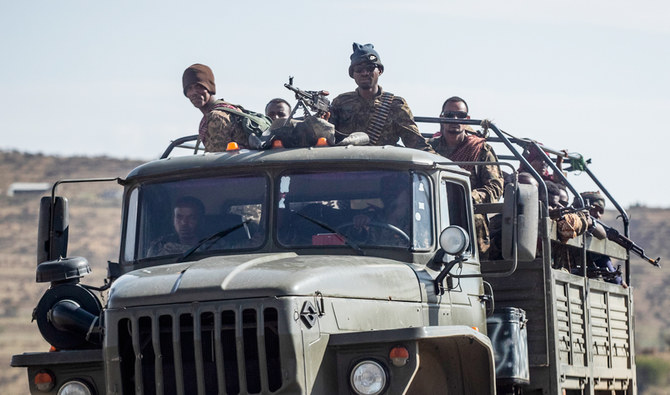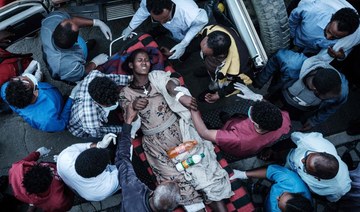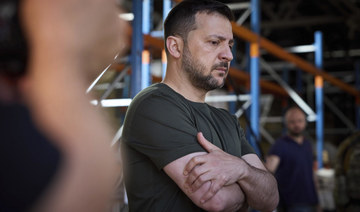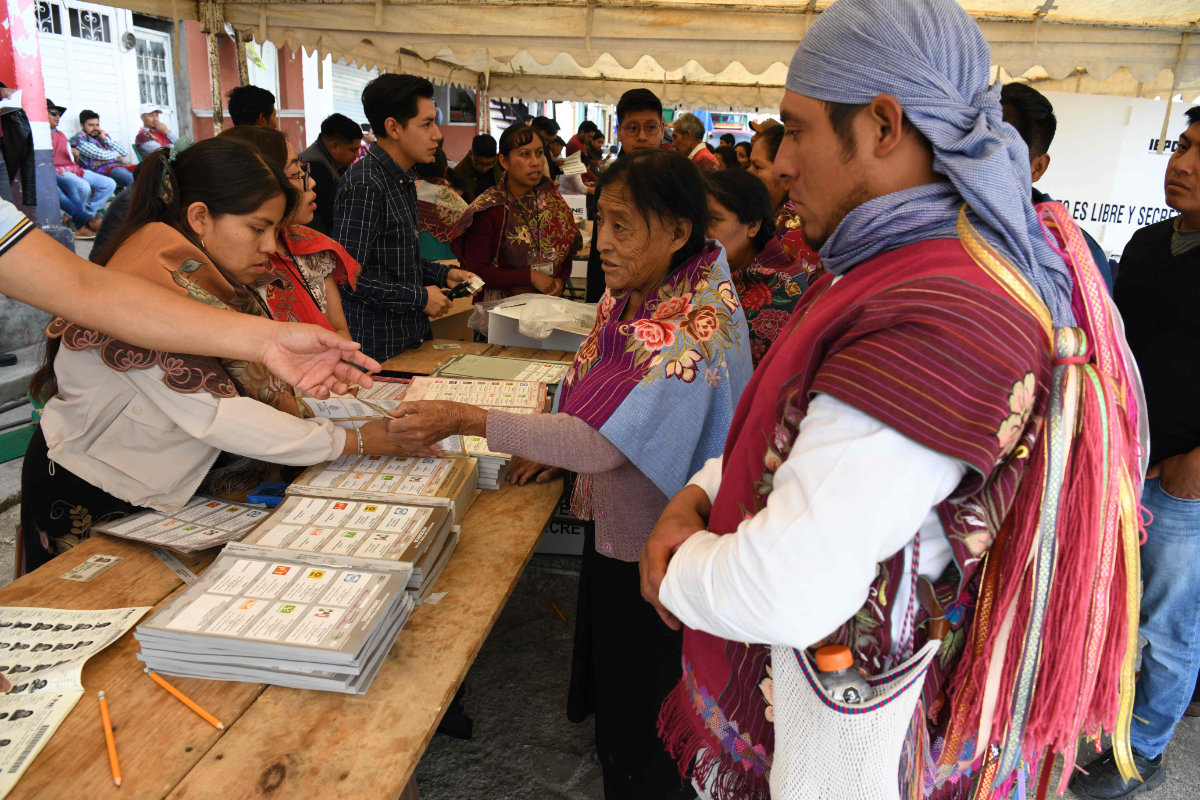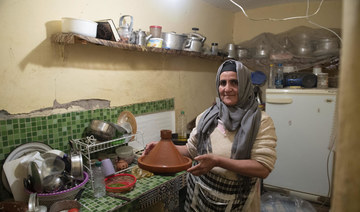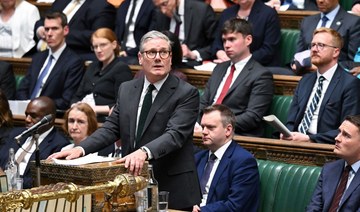MEKELE, Ethiopia: Ethiopia’s federal government on Monday declared a “unilateral cease-fire” in its war-torn Tigray region, state media reported, as rebel fighters entered the regional capital Mekele sparking celebrations in the streets.
The dramatic reversal for Prime Minister Abiy Ahmed’s forces signalled a turning point in the nearly eight-month-old conflict in Tigray, which the UN says has pushed 350,000 people to the brink of famine.
The cease-fire announcement came as the rebels, who have branded themselves the Tigray Defense Forces (TDF), marched into Mekele, where residents danced as local officials fled the city.
“An unconditional, unilateral cease-fire has been declared starting from today, June 28,” read a statement published Monday night by state media.
The cease-fire will last until the end of the current “farming season” and is intended to facilitate agricultural production and aid distribution while allowing rebel fighters “to return to a peaceful road,” it said.
There was no immediate reaction from the TDF to the federal government’s cease-fire declaration.
UN Secretary-General Antonio Guterres said Monday he had spoken with Abiy, winner of the 2019 Nobel Peace Prize, and was “hopeful that an effective cessation of hostilities will take place.”
He called recent events in Tigray “extremely worrisome” saying they “demonstrate, once again, that there is no military solution to the crisis.”
The British embassy in Ethiopia said the cease-fire was an “important development” and called on all parties to respect it.
The war in Tigray began last November, when Abiy sent troops in to oust the dissident regional leadership.
He said the move came in response to attacks by the regional ruling party, the Tigray People’s Liberation Front (TPLF), on federal army camps.
Abiy promised a swift victory, and federal troops took control of Mekele in late November.
But intense fighting has persisted throughout the region amid mounting reports of massacres and widespread sexual violence.
The TDF launched a major offensive last week coinciding with Ethiopia’s highly anticipated national elections.
An interim government official told AFP Monday that the TDF fighters had entered Mekele.
“TDF has taken control of the city,” the official said. “They have entered. The city is celebrating. Everybody is outside dancing.”
The official said Tigray’s Abiy-appointed interim government had earlier opted to leave their posts in Mekele as TDF fighters closed in “on every side.”
“Everybody has left. The last ones left in the afternoon... The region doesn’t have a government,” said the official, who spoke to AFP on condition of anonymity for safety reasons.
A humanitarian official confirmed the interim government’s departure.
Abiy’s office did not immediately respond to a request for comment Monday evening.
The state-affiliated Fana Broadcasting Corporate earlier reported that the head of Tigray’s interim administration had asked the federal government to declare a cease-fire.
Earlier Monday, witnesses reported that federal soldiers and police were fleeing Mekele, with some raiding banks and commandeering vehicles belonging to private citizens.
“The federal police and Ethiopian forces are fleeing the city in cars they took from individuals. They seem to be going east,” one witness said.
A UN official said that soldiers had dismantled the satellite communication equipment of multiple UN agencies in Mekele in an apparent attempt to cut communications out of the city.
“This act violates UN privileges and immunities and the rules of international humanitarian law regarding respect for humanitarian relief objects,” the executive director of the UN children’s agency, Henrietta Fore, said on Twitter.
“I condemn this action in the strongest terms.”
Multiple witnesses described celebratory gunfire in Mekele on Monday night as residents took to the streets hailing the TDF’s arrival.
“Everybody is out of their house. Everybody is excited and they have music on the streets,” one Mekele resident said.
“Everybody has their flags out and music is playing. Everybody, I don’t know how they got it, but everybody has fireworks.”



